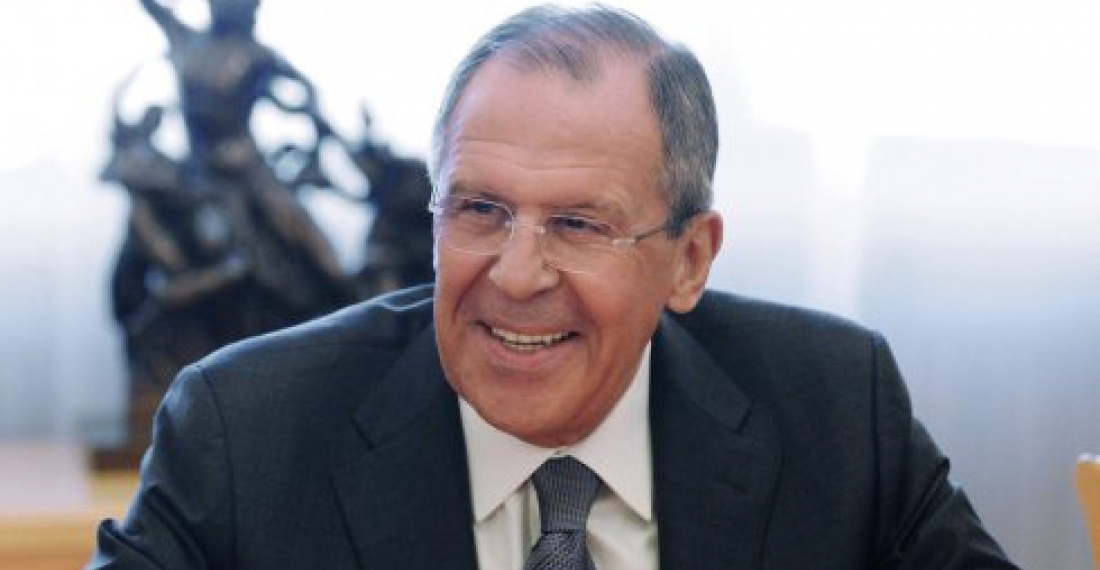The Russian Foreign Minister, Sergei Lavrov has addressed the issue of Russian-Turkish relations, and their impact on Armenia, in an interview with the Armenian publication "Regional Post - Caucasus", which has also been posted on the website of the Russian Foreign Ministry.
In the interview Lavrov said that the normalization of relations between Russia and Turkey should not be regarded as a process that may harm other States. "Russia has no hidden agenda. We build no political and no economic alliances directed against third countries or adversely affecting any interests. In general, we are open for constructive and mutually respectful cooperation with all who express same readiness. We are convinced that getting the Russian-Turkish ties out of months-long crisis will enhance trust and mutual understanding in the region. We expect the gradual restoration of bilateral cooperation with Ankara to benefit peace, security and stability in Transcaucasia."
Asked about the opening of the border between Armenia and Turkey, Foreign Minister Lavrov said Russia would most certainly welcome the opening of the Armenian-Turkish segment of the EAEU's external border for free movement of people, goods and services. "This will obviously benefit the entire region", he added.
The Foreign Minister noted "that Russia played an important role in restoring the relations between Armenia and Turkey during the active phase of this process in 2007 2009. The collective efforts, first and foremost those of Yerevan and Ankara, led to the signing in Zurich on October 10, 2009 of the Protocol on the Establishment of Diplomatic Relations and the Protocol on the Development of Bilateral Relations between the two countries in the presence of the Foreign Ministers of Russia, France and Slovenia, the U.S. Secretary of State and the EU's High Representative for Foreign Affairs and Security Policy".
"Sadly, the normalization process subsequently stalled and by now has come to a complete halt. It is of principle importance, though, that the sides have demonstrated the ability to reach agreement and take serious and responsible decisions. I am convinced that Armenia and Turkey are able to resolve the current problems. That said, quite a lot depends on themselves. After all, the quality of the politicians is measured not only by the depth of their realistic analysis of the objective difficulties, but also by their ability to be optimistic in order to fulfill the hopes and aspirations of their citizens. When Yerevan and Ankara sit at the negotiating table, Russia will be ready to provide them with most vigorous assistance".
In the interview Sergei Lavrov heaped praise on Russian-Armenian relations, saying that "Russia and Armenia are reliable allies in international affairs and security".
source: commonspace.eu
photo: Sergei Lavrov (archive picture)






